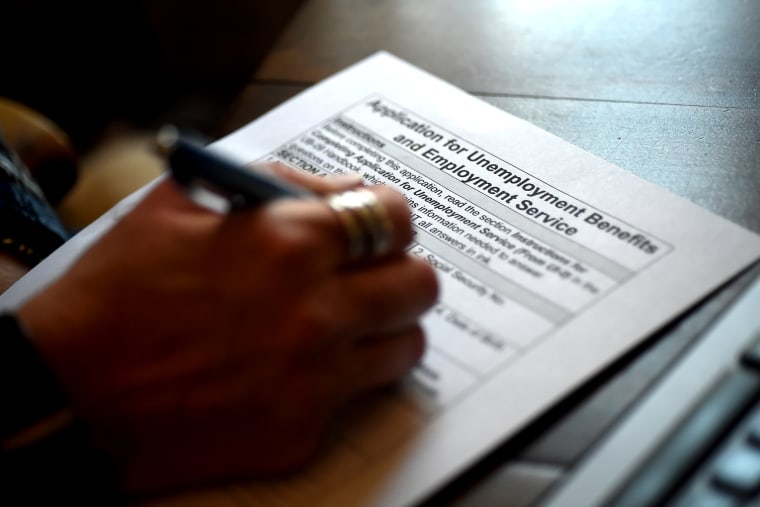As regular readers know, progress on weekly unemployment claims has been hit or miss in recent months, though the new report from the Labor Department pointed in an ugly direction.
In the week ending January 9, the advance figure for seasonally adjusted initial claims was 965,000, an increase of 181,000 from the previous week's revised level. The previous week's level was revised down by 3,000 from 787,000 to 784,000. The 4-week moving average was 834,250, an increase of 18,250 from the previous week's revised average.
The new total is the worst the United States has seen since August, reinforcing fears that the economy that was already struggling to regain its footing is suddenly taking a turn for the worse. It's also the 43rd consecutive week in which the number of Americans filing for unemployment benefits was worse than at any time during the Great Recession.
There's no great mystery as to the cause: the more the nation struggles with an intensifying coronavirus pandemic, the greater the toll it takes on the economy. Indeed, this comes on the heels of a deeply discouraging monthly jobs report, released last week, showing the economy losing jobs in December.
There's reason to believe conditions can and will improve. For one thing, vaccines are slowly reaching the public, and vaccination rates are expected to improve in the coming weeks. For another, a new relief package recently cleared Congress, which included unemployment aid, direct-aid checks, and a revised Paycheck Protection Program, each of which should help make a positive difference.
But few seriously believe the economy is on stable footing, and the need for additional congressional investments -- sooner rather than later -- seems obvious.
Joe Biden's presidential inauguration is six days away. No one will be surprised if he starts pushing for a new economic package -- this time, from a Democratic Congress -- immediately thereafter.

